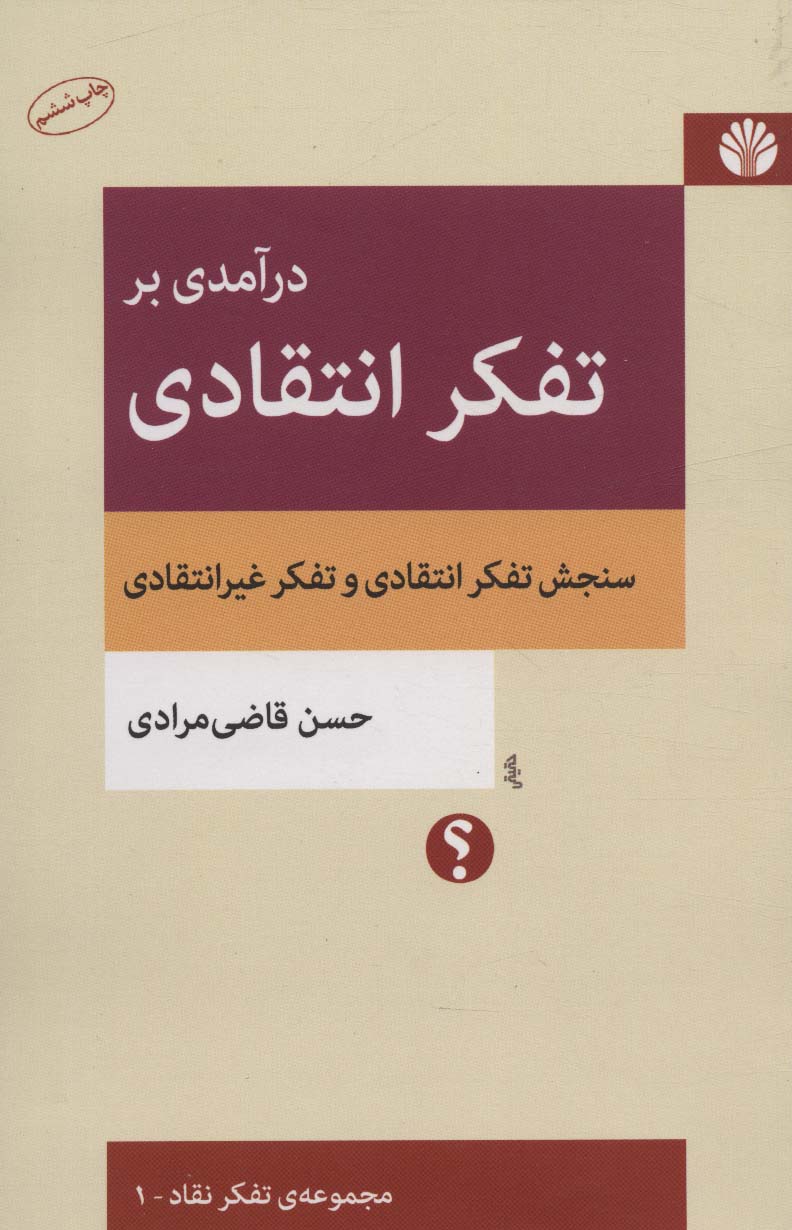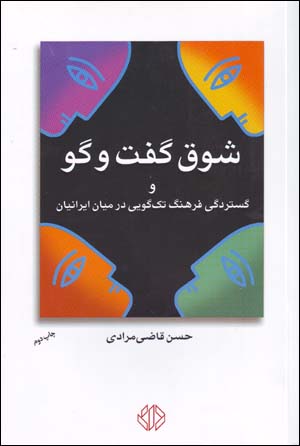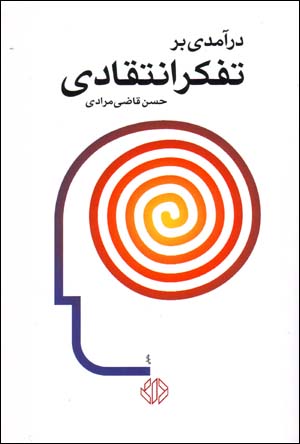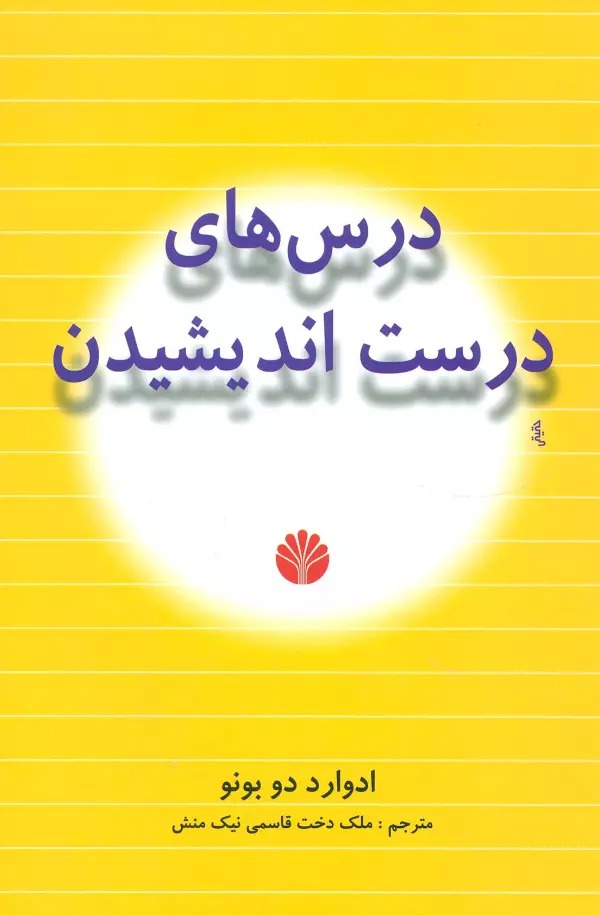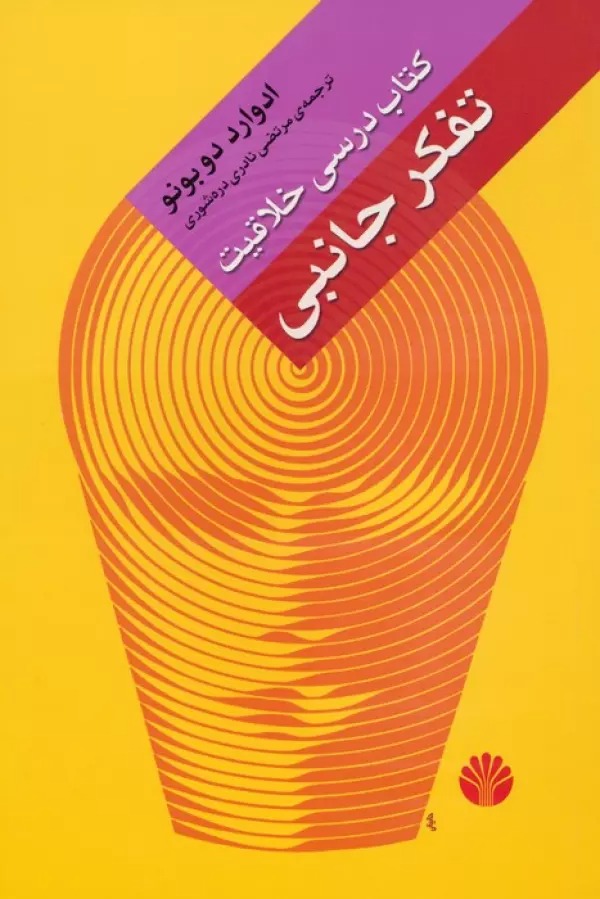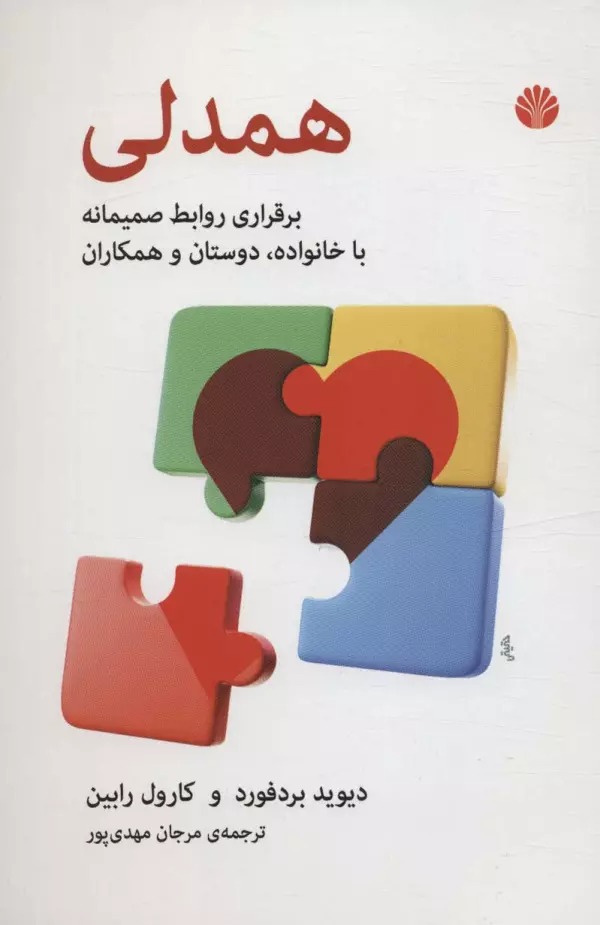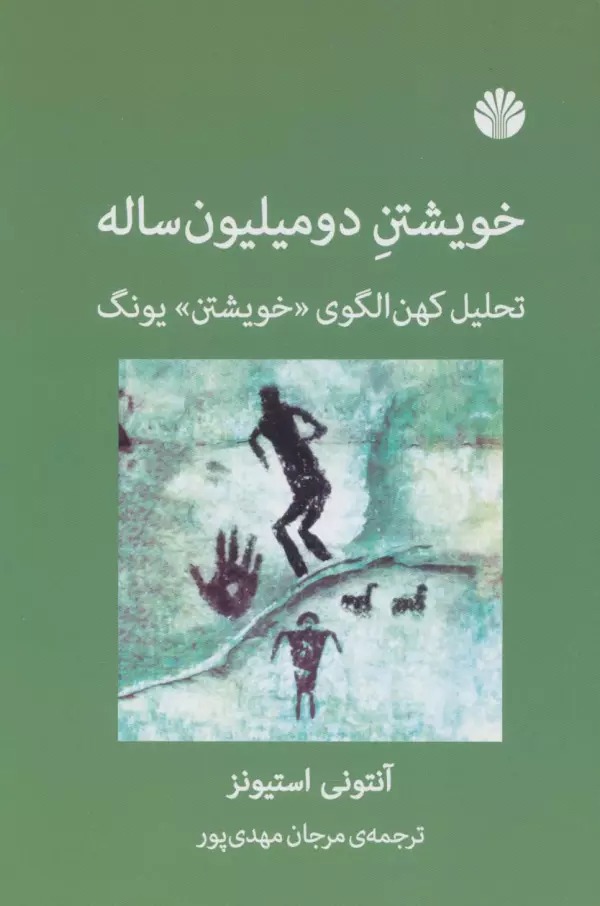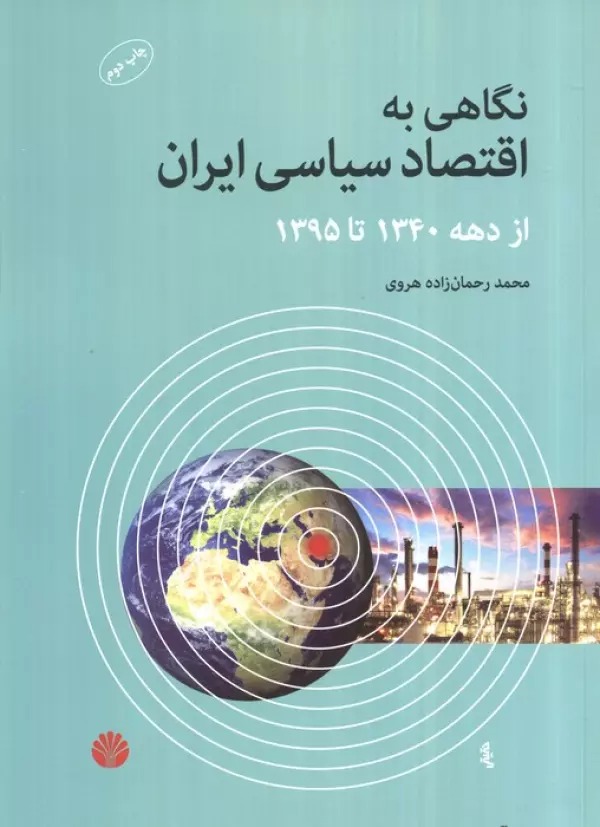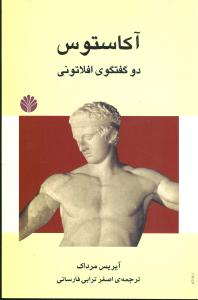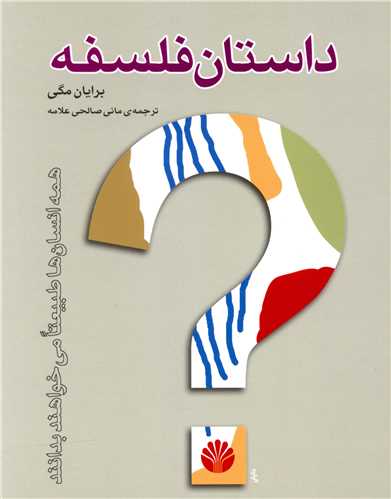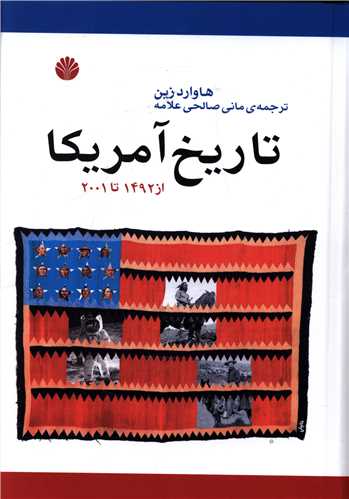درآمدی بر تفکر انتقادی فارسی 1402
Darāmadī bar tafakur-i intiqadī
221 SEK
اشتراکگذاری
Wishlist
In the book "Introduction to Critical Thinking", "Hasan Ghazi Moradi" dealt with "the measurement of critical thinking and non-critical thinking" and in addition to defining and expressing the importance of critical thinking, he introduced the principles, skills, and characteristics of a critical thinker and It compares with the principles of non-critical thinking and the characteristics of a non-critical thinker. He has stated that a critical thinker has an open, curious, truth-seeking, fair, wise, and analytical mind who trusts his thinking system. On the other hand, a non-critical thinker is indifferent and unfair and has a closed mind, avoids the truth and thinks distractedly, and lacks maturity in thinking and confidence in his own opinions. In the book "Introduction to Critical Thinking", the author considers interpretation, interpretation, analysis, and evaluation as tools and skills of critical thinking in addition to inference, explanation, and self-regulation, and he raises some fallacies that are related to the principles of thinking and the characteristics of Uncritical thinkers are related to or caused by misuse of critical skills.
In this work, "Hasan Ghazi Moradi" has divided the theories related to critical thinking into two main categories, which include descriptive and normative theories, and unlike most of the books published in this field, which are divided from the perspective of descriptive theories into analysis and have analyzed, "Introduction to Critical Thinking" mainly discusses the normative view and especially the views of "Peter Fasione".
What distinguishes this work from other similar works is the description and elaboration that "Hasan Ghazi Moradi" presents to the readers along with various and real examples from the daily life of Iranian people and "an introduction to critical thinking". It provides the most relevant topics in a practical way to the audience.
more
در کتاب "درآمدی بر تفکر انتقادی"، "حسن قاضی مرادی" به "سنجش تفکر انتقادی و تفکر غیرانتقادی" پرداخته و علاوه بر تعریف و بیان اهمیت تفکر انتقادی، اصول، مهارت ها و ویژگی های یک اندیشمند انتقادی را معرفی کرده و آن را با اصول تفکرغیرانتقادی و ویژگی هایی اندیشمند غیرانتقادی مقایسه می نماید. او بیان داشته که یک اندیشمند انتقادی از ذهنی باز، کنجکاو، حقیقت جو، منصف، خردمند و تحلیل گر برخوردار است که به نظام فکری خود اعتماد دارد. در برابر، اندیشمند غیرانتقادی بی تفاوت و بی انصاف است و ذهنی بسته، حقیقت گریز و پریشان اندیش داشته و فاقد بلوغ در اندیشه و اعتماد به آرای خویشتن است. نویسنده در کتاب "درآمدی بر تفکر انتقادی"، تعبیر و تفسیر و تحلیل و ارزشیابی را علاوه بر استنتاج و توضیح و خود تنظیم گری از ابزار و مهارت های تفکر انتقادی دانسته و مغالطه هایی را مطرح می کند که با اصول تفکر و ویژگی های یک اندیشمند غیرانتقادی مرتبط هستند یا در اثر استفاده ی اشتباه از مهارت های انتقادی ایجاد می شوند.
"حسن قاضی مرادی" در این اثر، نظریات مربوط به تفکر انتقادی را به دو دسته ی عمده تقسیم بندی نموده که نظریات توصیفی و هنجاری را شامل می شوند و بر خلاف بیشتر کتاب منتشر شده در این زمینه که از دیدگاه نظریات توصیفی به تجزیه و تحلیل پرداخته اند، "درآمدی بر تفکر انتقادی" عمدتا دیدگاه هنجاری و علی الخصوص آرای "پیتر فسیونه" را مورد بحث قرار می دهد.
آنچه این اثر را از دیگر آثار مشابه خود متمایز نموده، شرح و بسطی است که "حسن قاضی مرادی" به همراه نمونه ها و مثال های گوناگون و حقیقی از زندگی معمول مردم ایران به خوانندگان ارائه می کند و "درآمدی بر تفکر انتقادی" را با مرتبطترین مباحث و به شیوه ای عملی، در اختیار مخاطبین قرار می دهد.
more

